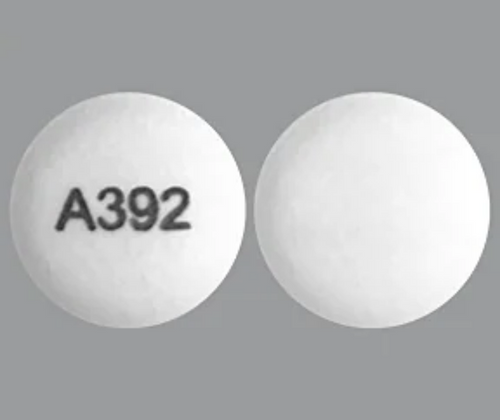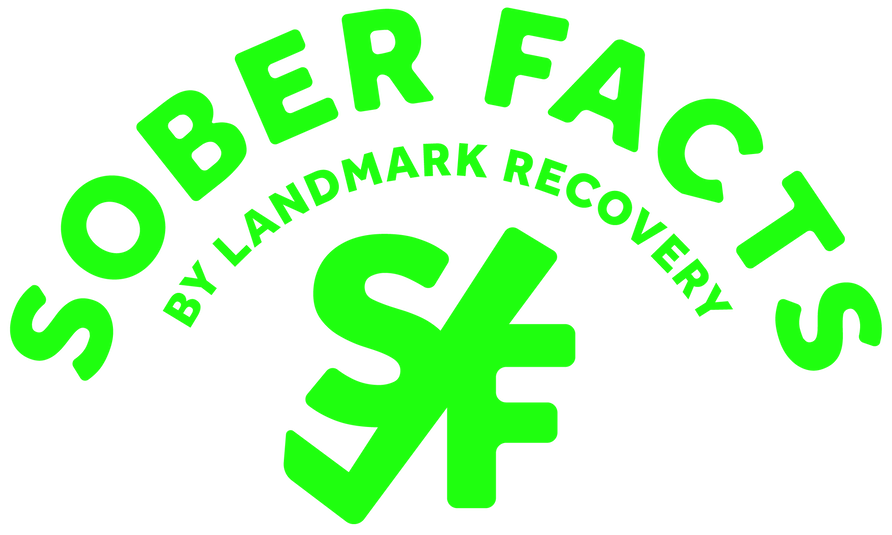Choosing recovery close to home means your support system is just a few miles away.
- 100% Confidential
- Available 24/7
- No Pressure to Commit
- Multiple Financial Options Available
Choosing recovery close to home means your support system is just a few miles away.

Sounds Like: HYE.droe.KOE.done
Classification: Opioid Analgesic
Controlled Substance Act Schedule: II
Other names for Hydrocodone

Hydrocodone is a generic prescription opioid used to treat pain. It’s also used in liquid forms as a cough suppressant. It belongs to the drug class opioid analgesics and antitussives, which means pain reliever/killer and cough reliever.
Opioids work by changing the way the body responds to pain. Hydrocodone is a semi-synthetic opioid derivative of codeine, another prescription opioid used to relieve pain and reduce coughing. When combined with acetaminophen, hydrocodone is marketed and sold under trade names like Vicodin, Lortab, Lorcet, Hycodan and Vicoprofen.
Like many controlled substances, particularly opioids, hydrocodone has a high risk for addiction. People who take the prescription medication experience pain relief that can become habit-forming. Misusing hydrocodone over a long period of time can cause a person to develop a tolerance to its side effects. As a result, their mind and body adjust to its presence, which is a sign of dependence.
People whose minds and bodies depend on opioids experience uncomfortable physical withdrawal symptoms when they attempt to quit taking the drug. Therefore, they might continue to take hydrocodone or other opioids to make their withdrawal symptoms go away. In that case, addiction treatment services like residential treatment or intensive outpatient are levels of care that can help them cope with opioid use disorder.
Need help with Hydrocodone or another drug addiction?
Call Landmark Recovery and speak with an admission specialist today.
Call NowWe're available 24/7 to help you find Recovery
Hydrocone was originally created in Germany in 1920. In 1943, the Food and Drug Administration (FDA) approved hydrocodone for use in the cough suppressant syrup Hycodan. The semi-synthetic opioid drug is used to treat patients who need medication to relieve chronic pain around the clock and who also can’t be treated with other medications or treatments. In liquid form, hydrocodone is also used to suppress coughs.
Research suggests that hydrocodone is more effective as a cough suppressant than codeine, and also equally as effective as a pain reliever as morphine.
Take Hydrocodone exactly as directed by your doctor or pharmacist.
Hydrocodone is taken by mouth and comes in various forms. Depending on if it’s combined with other ingredients, it could be taken as an extended-release tablet (Hyslingla ER, Zohydro ER) or as a combination of hydrocodone and acetaminophen (Vicodin, Lortab).
Extended-release tablets relieve pain for a longer amount of time. If the tablets contain hydrocodone, they should be taken one-to-two times daily for patients who aren’t opioid tolerant. Doctors recommend taking one or two combination hydrocodone tablets every four-to-six hours as needed for pain.

If any of these side effects become severe, immediately call a doctor.
Uncontrolled cravings for hydrocodone
Unsuccessful attempts to stop using the opioid pain reliever
Physical, flu-like withdrawal symptoms when stopping the use of hydrocodone
Prioritizing the use of hydrocodone over spending time with family or friends
Legal or financial problems
Use of hydrocodone despite adverse or negative behaviors
Stealing items or money to purchase hydrocodone
Lying to doctors or therapists to get more hydrocodone
Hydrocodone is the most frequently prescribed opioid in the United States, according to the DEA
Australian actor Heath Ledge (“The Dark Knight”) died from a mixture of several prescription drugs, including hydrocodone
The street value of Vicodin (hydrocodone) is $5 to $25 per pill